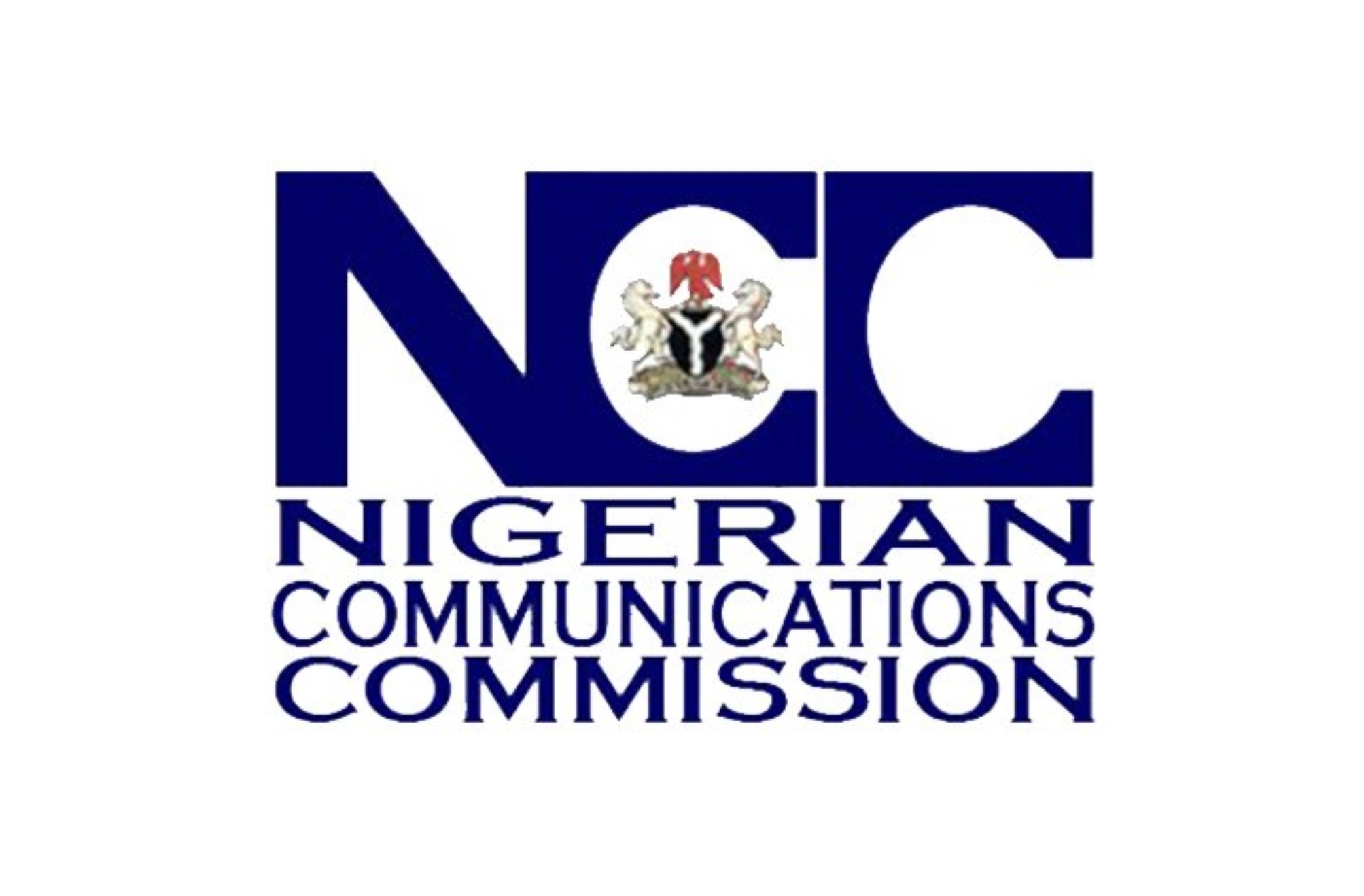Business
NCC Partners SMEDAN, Creates Digital Academy For SMEs

The Nigerian Communications Commission (NCC) has collaborated with the Small and Medium Enterprises Development Agency of Nigeria (SMEDAN) to establish a digital academy for SMEs.
According to a statement, SME Digital Academy is a public-private partnership initiative driven by it, SMEDAN, and Sapphital Learning Limited.
It added that the partnership aimed to equip entrepreneurs and start-ups with the necessary digital skills required to navigate a digitised world.
The Executive Vice Chairman of NCC, Prof. Umar Danbatta, said the commission had continued to work towards providing information and communications technology support to various sectors in the country.
He added that with over 41 million Micro, Small and Medium Enterprises in Nigeria, proper empowerment of entrepreneurs would create an extremely powerful impact on the nation’s economic growth.
Represented by the NCC’s Director, Digital Economy, Dr. Austin Nwaulune, at the launch in Abuja, Danbatta said, “Knowledge is pivotal to the growth of entrepreneurship, as it provides the businessman or woman the know-how on raising capital, strategic partnership, and proper organisational, administrative, sales and marketing skills required to run an effective business.
“Knowledge is, therefore, the food of every economy, especially the digital economy, as it fuels its growth and stimulates the digital ecosystem”.
The Director-General, SMEDAN, Dr Dikko Radda, who was represented by the agency’s Director, Enterprise Development and Promotion, Moses Ewans, said, “These small-scale enterprises need to be encouraged and nurtured to enable them to create jobs and contribute to the alleviation of poverty and want.
“SMEDAN, which is an agency in the Federal Ministry of Trade and Industry and established over 15 years ago, operates on five platforms, namely dissemination of information, delivery of business development services, networking and cluster formation, policy and public advocacy, and lastly, provision of access to critical resources”.
Business
Fidelity Bank To Empower Women With Sustainable Entrepreneurship Skills, HAP2.0
Business
President Tinubu Approves Extension Ban On Raw Shea Nut Export
Business
Crisis Response: EU-project Delivers New Vet. Clinic To Katsina Govt.
-

 News2 days ago
News2 days agoAmend Constitution To Accommodate State Police, Tinubu Tells Senators
-

 Politics2 days ago
Politics2 days agoSenate Urges Tinubu To Sack CAC Boss
-

 News2 days ago
News2 days agoDisu Takes Over As New IGP …Declares Total War On Corruption, Impunity
-
Business2 days ago
President Tinubu Extends Raw Shea Nuts Export Ban To 2027
-
Business2 days ago
Crisis Response: EU-project Delivers New Vet. Clinic To Katsina Govt.
-
Business2 days ago
President Tinubu Approves Extension Ban On Raw Shea Nut Export
-
Sports2 days ago
NDG: Rivers Coach Appeal To NDDC In Talent Discovery
-
Rivers2 days ago
Etche Clan Urges Govt On Chieftaincy Recognition

